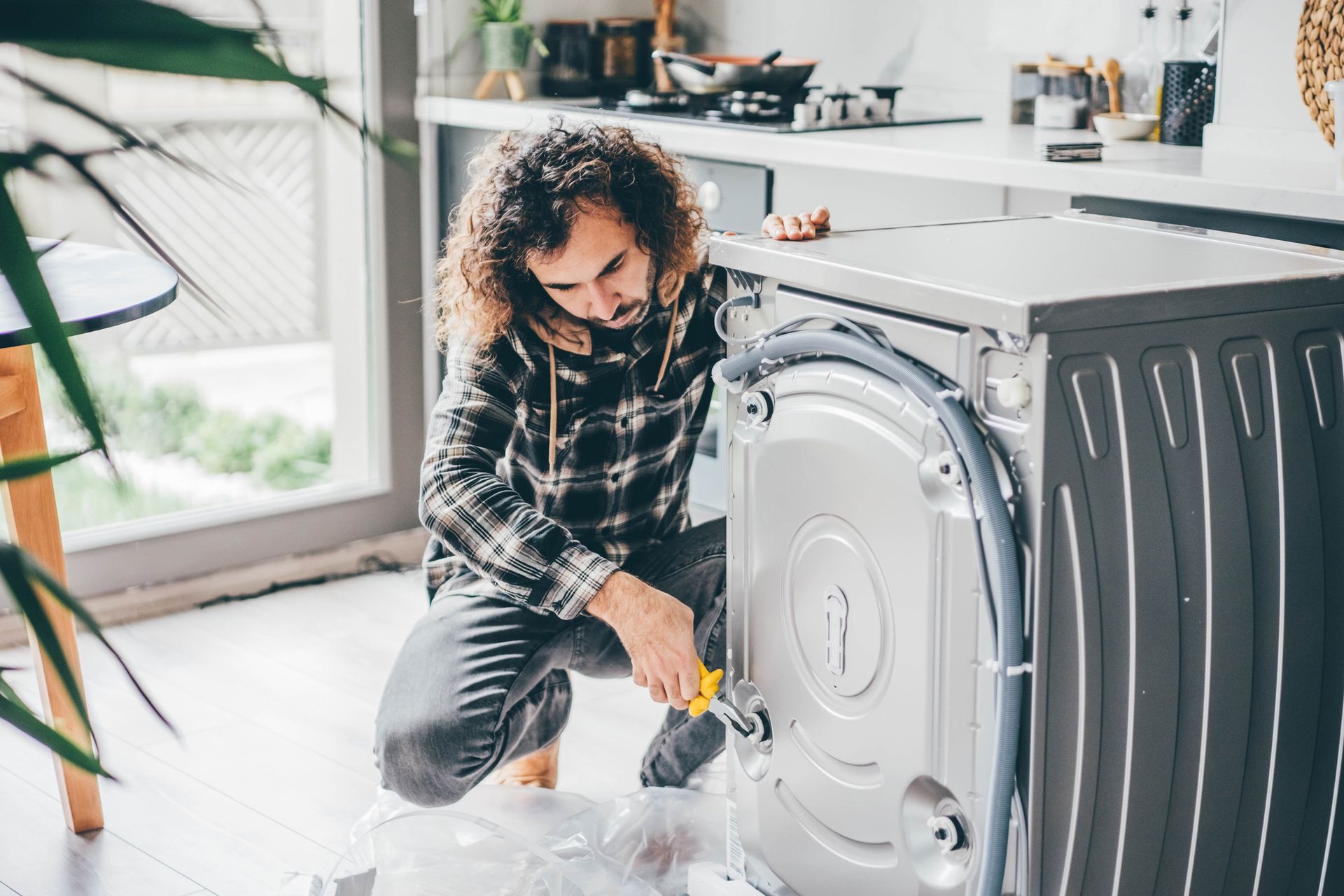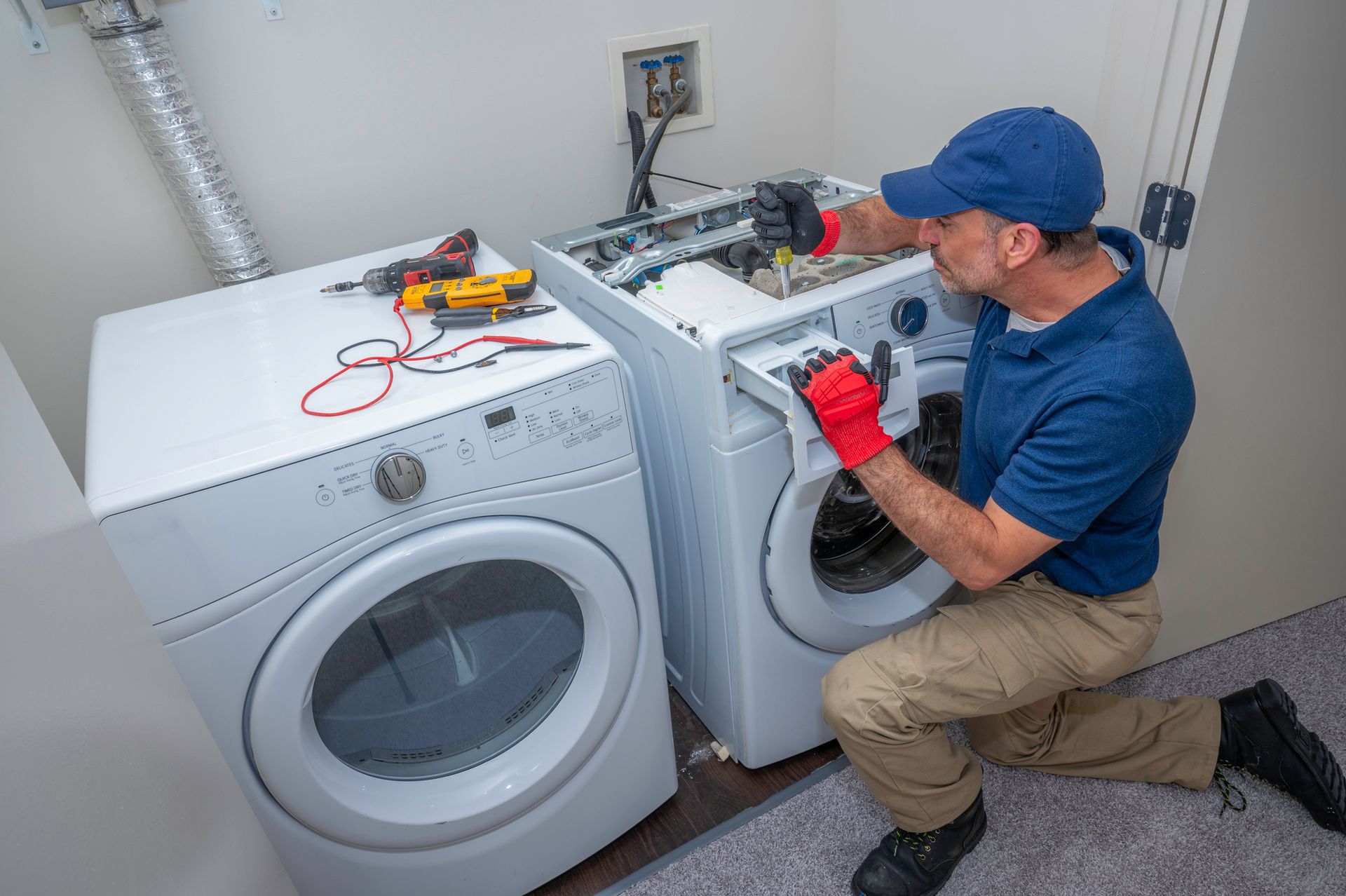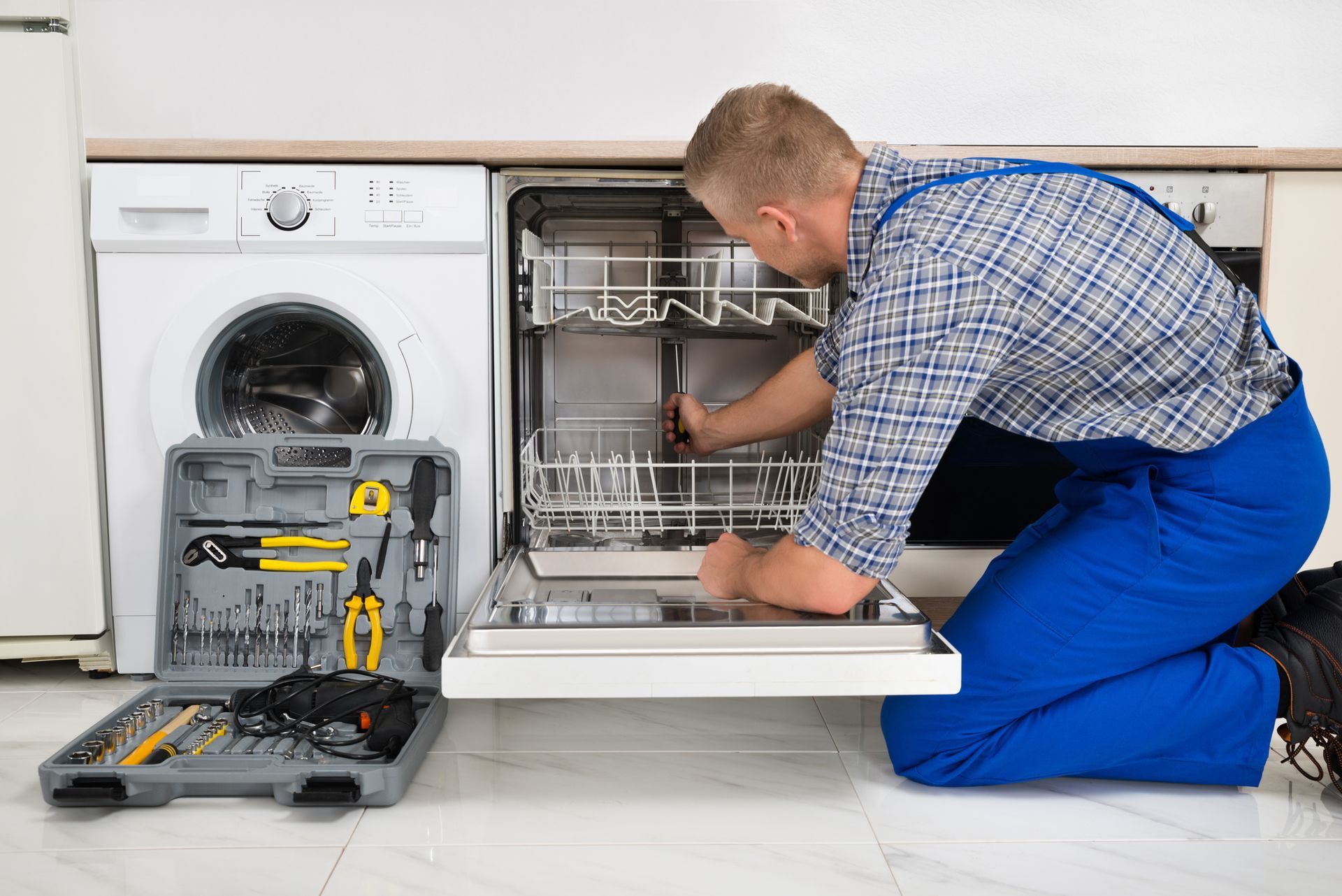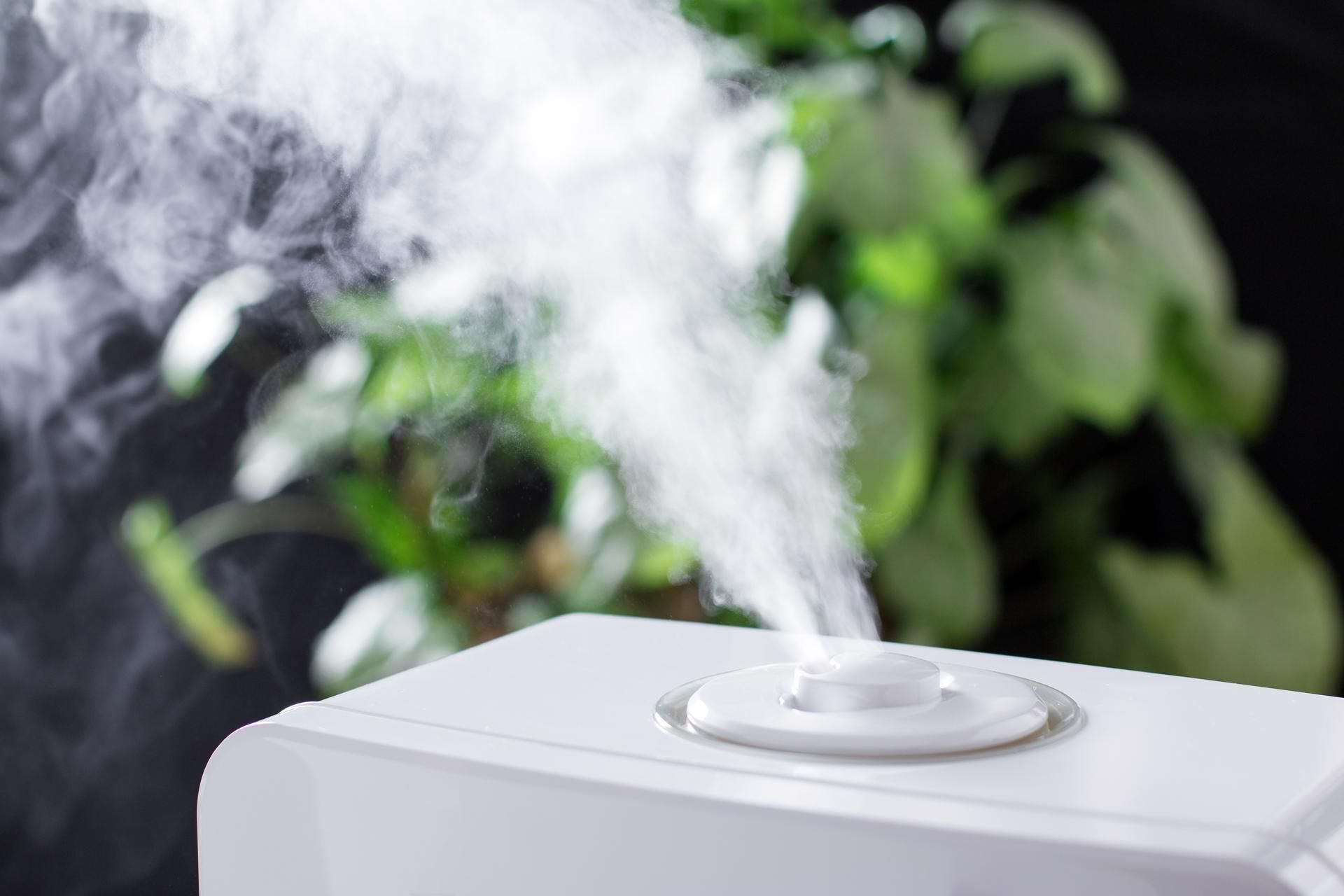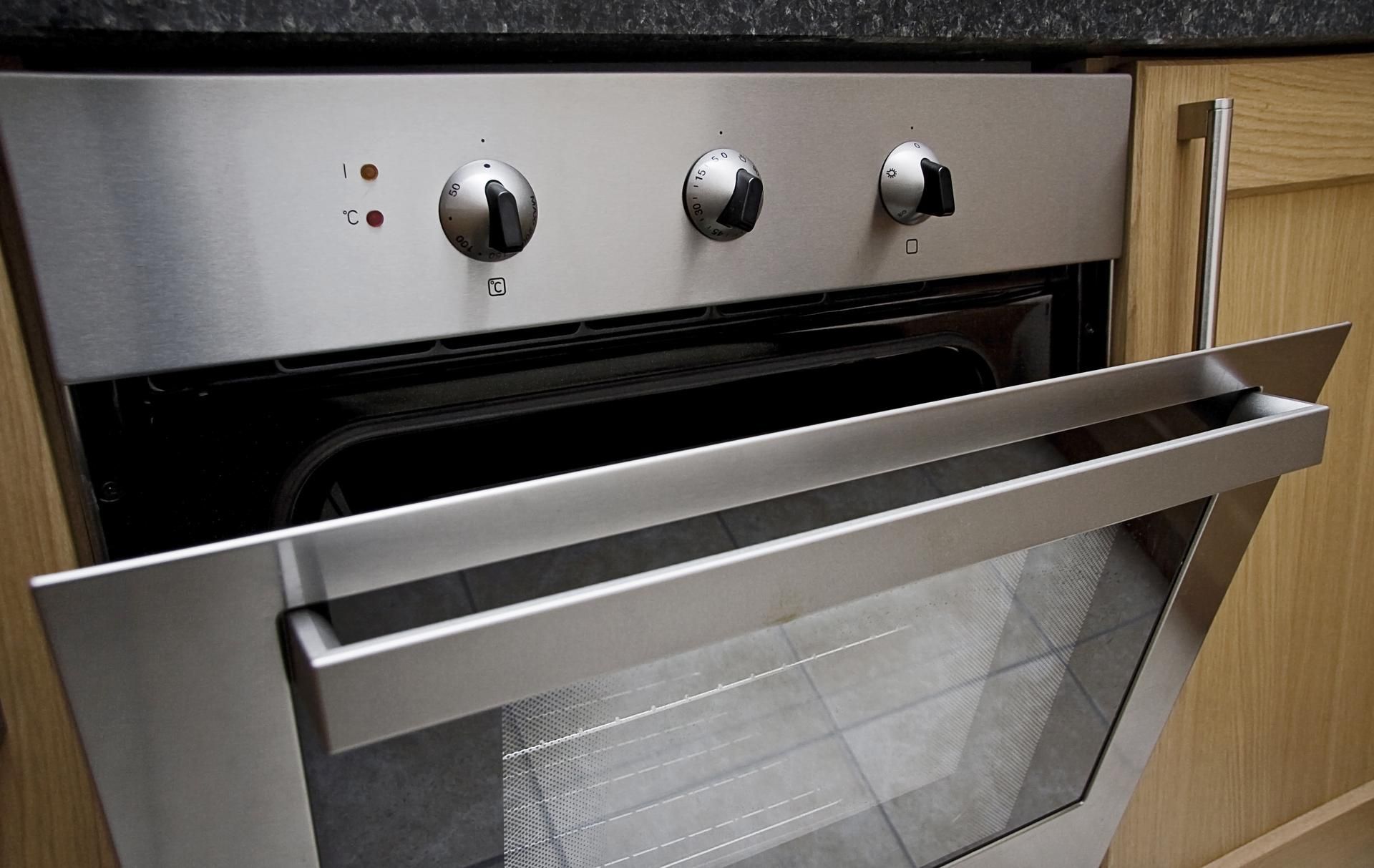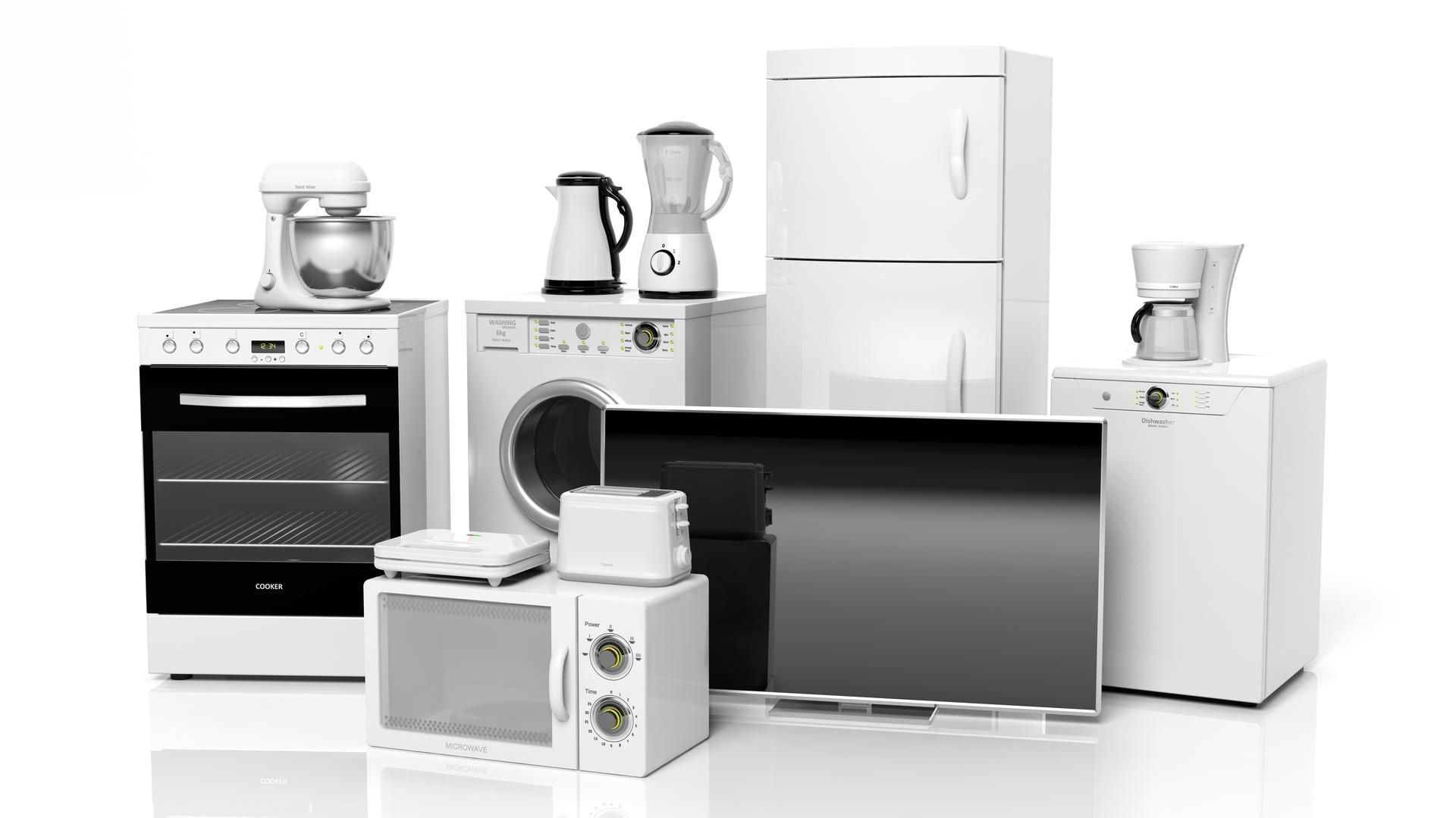Four Culprits That Can Clog Your Kitchen Sink
We can all agree that a clog in your kitchen sink stinks. Once you realize it, it creates one of the worst feelings. You immediately want to know how it got that way. Perhaps, someone let food or grease wash down the drain one too many times. With so much food to cook with, who can remember what’s acceptable to put down the sink? Do you know which items to avoid? Lucky for you, we’ve created a list of the top four foods you want to prevent from washing down your sink. By doing so, you can avoid a clog.
1. Grease
If there were to be an overarching, number-one rule to kitchen sink maintenance, it would be to never, ever, put leftover grease or solid fats down the drain. Grease left over from cooking meat is a sneaky culprit—while it may appear liquid while it is still warm, as soon as it cools, it solidifies causing a clog in your sink. Other greasy foods you want to avoid are butter, lard, or leftover oil from frying.
2. Starchy Foods
Foods high in starch and carbohydrates, like pasta, rice, and potatoes, often swell when they come in contact with water. Think about cooking pasta—when you boil it, the shape becomes softer and larger, right? The same concept applies to your kitchen sink. Washing starchy grains and veggies down your drain, along with water will cause them to swell. Their texture makes it hard for the garbage disposal to grind them up, allowing them to slip through and create a viscous-like texture that can clog the drain or pipes. It’s best to avoid putting these foods in the sink.
3. Coffee Grounds
When the coffee grounds come in contact with water, the water makes the grounds sticky, allowing them to pack in tightly and form a dense, paste. Putting coffee grounds down your sink, along with running water, is a recipe for disaster. As a result, the paste builds up if not flushed thoroughly, causing a blockage and a backed-up drain. Be sure to put your coffee grounds in your compost or the trash for proper disposal.
4. Tough, Fibrous Foods
The post Four Culprits That Can Clog Your Kitchen Sink appeared first on Docs Appliance Service.

